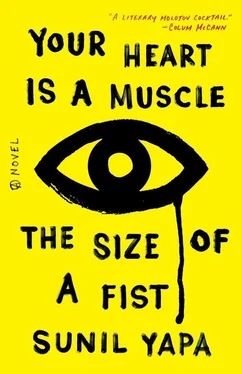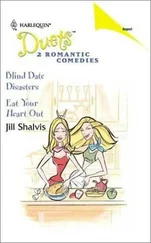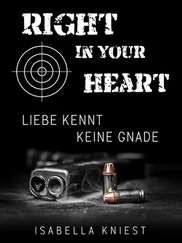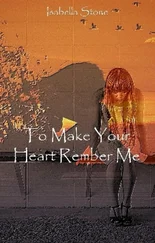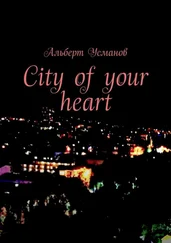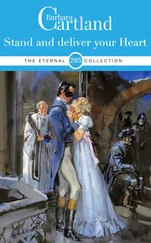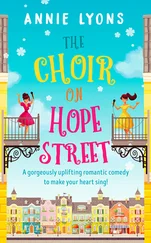He zipped his tent tight and dropped a little lock on the zip and then he was hoofing it up the hill in his white Jordans, his olive green jacket with the ruff-lined hood keeping him warm. Sludgy Seattle light painting the buildings around him gray-gold, reflecting bright off the broken windows of the warehouses to the east, the gray project towers to the north with laundry flapping on the balconies like flags of a tenement nation. But what was this? This street was dead. The shops shuttered, plywood boards nailed over their windows. He shook his head and bent and humped the pack up the hill.
By the time he turned the corner and hit the crowd he was sweating, and the sheer human multitude, the force of the compressed humanity, nearly knocked him over. There were people hollering from every corner, marching people of all shapes and sizes, all body types and hairdos, an assortment of clothing choices and fashion accessories to express their personalities, and goddamn, fuck the protests? No, no, no. His brown eyes blazed bright. God bless the protesters. How many were here? He didn’t know, but yeah, they were the revolutionary souls who were going to buy his weed. They were his ticket out. He did a little clap with the chant, nodding his head to catch the rhythm of the thing, and watched them spinning delirious in the street. Hippies in their Gore-Tex, punks in their sweaty denim, and holy crap, it seemed to Victor as he joined the surging crowd that they were popping out from every hole and door, waves of protesters sloshing in the streets, bright-eyed thousands appearing as if summoned. Pierced kids in army jackets squatting on a bench to pass a clove cigarette. Dreadlocked djinns dangling from the lampposts, cameras around their necks. And the entire motley crowd chanting, chanting and now singing, old and young, their voices raised to the cloudy sky as if song were the very root of being.
He didn’t know whether to stand or sit, to go streaking through the city with his hands on his head or to collapse in the street in openmouthed wonder. Because here they came, stomping into the dawn from their suburban warrens, from their gorgeous mansions that glittered fat on the Sound. Civil rights lawyers wearing combat boots. Radical teachers in sheepskin-lined jackets. He saw them come rising into the morning air, a chant on their lips:
WHAT DO WE WANT???
JUSTICE!!!
WHEN DO WE WANT IT???
NOW!!!
What did that mean? Justice?
He looked at a blond girl in overalls, an African-type shawl looped atop her head. He looked at her angry blue eyes, her perfect white teeth, her gym-sculpted arm, naked to the cold, and he didn’t know what justice meant to her, to him, to anybody in this country. He saw them come rising from North Face tents gone swampy with sex; from the paint-splattered warehouse where they gathered to gossip and train; from the cellar of the church where they had sat in foldout chairs discussing what they knew of what they called the Third World and there was a look on their faces — all their sweet, round, high-fructose faces — that was hoping everything was more or less okay with the world, even though they knew it wasn’t, and Victor, looking at that look, he didn’t know whether to laugh or cry.
Because here came the defenders of democracy, riding the ferry in from the islands. Climbing down from the haze of an interstate bus. Crossing the bridge in their Subarus, their aging Toyotas, their cheap American rolling junk, and Victor, bestowed with the unenviable gift of geography and sight, saw their merino wool scarves twisted at the neck, their T-shirts and flannels and fleeces, their backpacks and jeans, and he thought of the factories he had seen along the border in Mexico, the lines of women waiting for work to begin, the razor-wire fences behind which the things of the world were made, the smoke curling into the sky like a pencil drawing of a drowned woman’s hair.
How do you protest this?
Three topless girls went by crying “Death to the police state,” their breasts bouncing in the cold air, duct tape across their nipples. Victor almost expected to see families lining the sidewalks, mothers and fathers set up in beach chairs and blankets, children hoisted onto shoulders, crying “Daddy, Daddy, here come the beasts.” It was a painted carnival for the end of days, and on an impulse, just the weird out-of-body feeling of it, Victor turned to the guy next to him, a hefty guy in a blue jacket, and said, “Hey, man. You need any weed?”
“Do I need any what?”
On closer inspection, the guy seemed to be a union man, the bulk and size of him, the rusty air of his moonscape face, one of the guys who worked down at the docks or something. His face folded like an old jacket.
“Any weed. You need any weed?”
The guy looked to see was Victor kidding. He was walking and holding hands with his union buddies, or whatever, a great long line of them, bowling league buddies holding hands, which Victor thought was kind of weird.
“Trust me,” Victor said more loudly. “It’s great shit.”
The guy looking at him like he might be contagious.
“Kid,” the big man said.
“What?”
“Get the fuck out of here.”
Victor slid his bandanna from his forehead, shook his damp braids, and felt the stuffy weight of their bodies shuffling by, their signs, their hope, their smell, not entirely unpleasant, of incense and baked-in sweat, and he was remembering and living and thinking and dying more or less all at the same time. It was 1999 in America, he had traveled the world for three years, looking for what he didn’t know, and now here he found himself: absolutely allergic to belief, nineteen years old, and totally alone.
John Henry stood in the crowd inhaling them through every pore, perfectly at rest, perfectly at peace. My people. They smelled of onion and cigarette and sex, the human animal musk of sixty beautiful human bodies beneath their beautiful blue tarps and he raised his arms to the sky and breathed them deep. Around him they marched and they danced; they chanted and they sang. He felt their voices buzzing in his chest. People linking arms with strangers they had never met, hand in hand with people whose homes they had never seen, and he closed his eyes and felt the power of what they were doing coiling around him, some force inexorably gathering around them here at the edge of the millennium, one month from the end of the American century.
Look at him there, this forty-four-year-old man in a handwoven cowboy hat and chunky black Medicare glasses, his red beard long and wiry like some mountain monk’s. This was a man with the days stitched into his skin. This was a man you could imagine in a dream of the Himalaya, high above the clouds where the granite falls away like glass and you turn a corner and there he is, spinning a prayer wheel. Not from the Himalaya, but from Detroit, Michigan. Holy man of the Rust Belt. Sacrament of iron and steel; blessed be these assembly lines; blessed be these tired hands. Look at his pierced ears and his crooked teeth. Look at his eyes shining behind those busted-up glasses, the frames more duct tape than plastic, but the repairs neatly done. Check him there among the densely packed bodies, feeling the heat and the human smell of them, a humid funk to spark the morning air, and know that if there was one place in the great, glorious dying world he wanted to be, this was it.
My people.
John Henry had at one time been a churchman, a storefront preacher, and, inevitably it now seemed, he had lost the church, but not the need, and here he was in the middle of it all, heart a broken clockspring in his chest, leading a chant.
AIN’T NO POWER LIKE
THE POWER OF THE PEOPLE
AND THE POWER OF THE PEOPLE
Читать дальше
